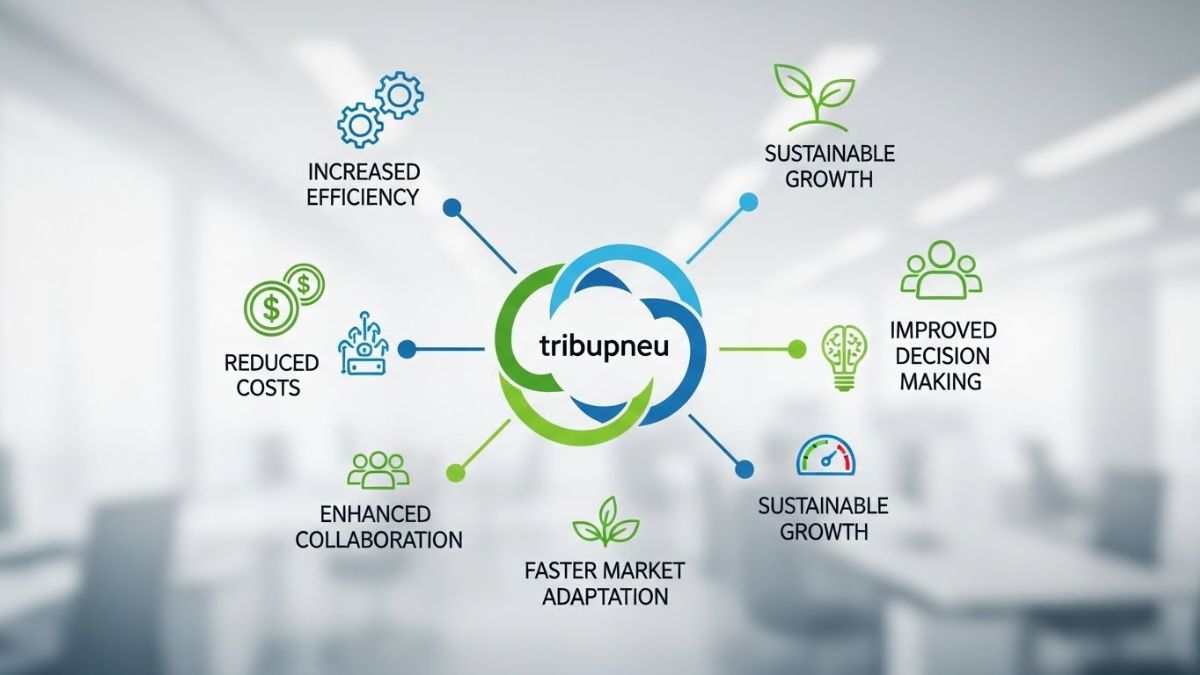Homeownership comes with numerous responsibilities, among which financial management is paramount. Mortgages, the most common route to owning a property, are long-term commitments that often need reassessment to ensure they still serve your best interests. This is where the concept of refinancing your home becomes relevant.
Understanding Home Refinancing
Refinancing involves replacing your current mortgage with a new one, generally with different terms and often with a new lender. This process can lead to significant savings over the life of the loan, depending on the terms obtained. Homeowners may look into refinancing for various reasons such as lowering monthly payments, shortening the loan term, or taking advantage of home equity.
When to Consider Refinancing
When contemplating whether to refinance, several conditions favourable for refinancing should be present. Interest rates are usually the biggest driving factor. A decrease in market rates since your original loan origination can result in substantial interest savings if you refinance. It’s also prudent to assess personal financial circumstances such as improved credit scores or changes in income to ensure refinancing is beneficial.
Benefiting from Lower Interest Rates
Lower interest rates can not only reduce your monthly payment but can also affect the total interest paid over the life of the loan. This can result in thousands of pounds saved, justifying the costs associated with refinancing. However, understanding the interest rate market and economic factors that influence rates is essential before making a refinancing decision.
Cashing Out Equity
Another aspect of refinancing your home is the ability to tap into home equity. If your property’s value has increased, you may have built up equity that can be accessed through refinancing. This can provide funds for home improvements, debt consolidation, or other significant expenses, thereby leveraging your investment in your home.
Calculating Potential Savings
Prior to making any financial decisions, it’s crucial to understand the potential savings from refinancing. This involves looking at the terms of your current loan, the costs of refinancing, and the terms of the new loan offer. Factors like closing costs, lender fees, and potential penalties for early payment should be considered in your calculations.
Navigating the Refinancing Process
Refinancing a mortgage involves several steps, similar to those taken when obtaining the original loan. Beginning with a thorough financial assessment, homeowners should shop around for the best refinance rates and terms. This includes understanding different mortgage products and how they may align with your refinancing goals.
Choosing the Right Lender
While continuing with your current lender for a refinance might seem convenient, it is recommended to explore other options as well. Comparing offers from various lenders can provide a broader view of possible deals and help in securing the best terms available.
The Role of Credit Scores
Credit scores play a significant role in refinancing. A higher credit score since the time of first securing your mortgage can lead to better interest rates and more favourable loan terms. Conversely, a lowered credit score can present challenges and result in less attractive refinancing options.
Understand the Fees and Charges
It is important to be aware of all associated costs with refinancing. Application fees, appraisal costs, and potential penalties for paying off your existing mortgage early are some of the expenses to keep in mind. Evaluating these fees against the potential savings is critical for a sound financial decision.
Making the Final Decision
The decision to pursue refinancing your home should be made after thoughtful consideration of both the short-term and long-term financial implications. It’s imperative to ensure that the savings outweigh the costs and that refinancing aligns with your overall financial strategy.
Consulting with Professionals
Refinancing can be a complex process, which is why consulting with financial advisors or mortgage professionals is advisable. They can provide insights into market trends, assist in rate comparisons, and guide you through the intricacies of refinancing.
Preparation for Application
Once the decision to refinance is made, compiling necessary financial documents and preparing for the credit check is vital. This preparation will streamline the application process and improve your chances of approval for the new loan.
Embracing Future Financial Flexibility
Ultimately, refinancing is a strategic move to unlock savings and grant you greater financial flexibility. With careful planning and guidance, this can be a prudent way to adjust mortgage commitments in response to personal circumstances and market conditions.
In conclusion, homeowners should approach refinancing as an opportunity to reassess their mortgage in light of current financial goals. With potential for significant savings and improved loan terms, refinancing your home can be a powerful tool in the management of one’s most significant financial investment. The key is to research diligently, consider the costs versus the savings, and proceed with professional guidance to ensure the best outcome for your financial future.











